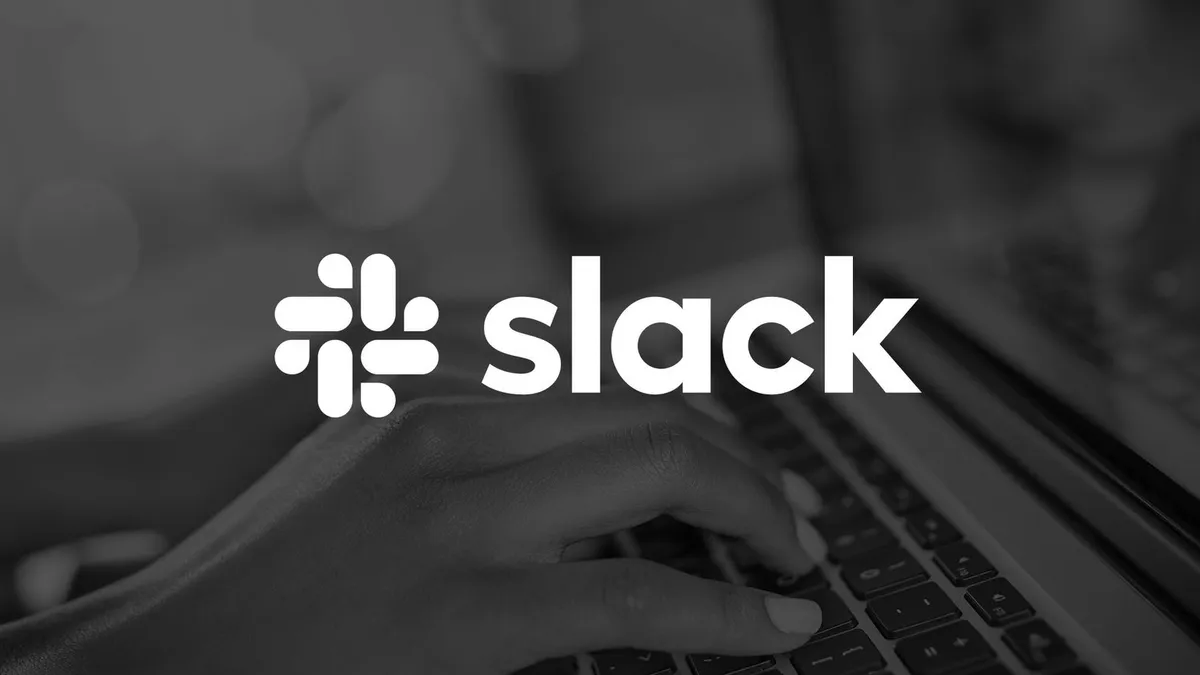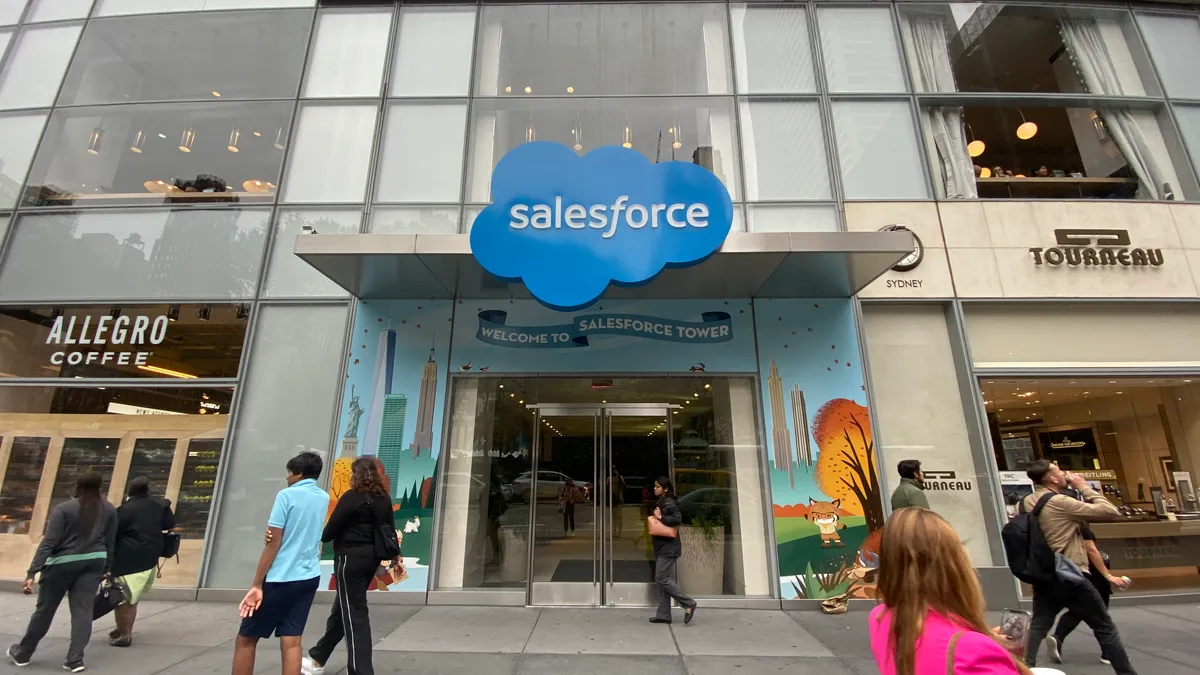With its acquisition of Slack, SaaS company Salesforce seeks to expand past the core audience of employees from the sales or business units, and broaden its appeal throughout organizations.
CEO Marc Benioff signaled the Slack's loyal following by calling it "one of the most beloved platforms in enterprise software history, with an incredible ecosystem around it," he said, in Tuesday's announcement.
For Salesforce, the $27.7 billion acquisition of Slack means there's additional services to upsell, the ability to deliver a popular collaboration solution into a larger user base with expanded capabilities. Salesforce also gains an opportunity to redefine itself as a technology platform that powers business as a whole, as competition from Microsoft and its bundled strategy to software persists.
"Salesforce has evolved into a digital workplace contender akin to Microsoft," said Carrie Marshall, CEO of Talk Social to Me. "What I'm seeing with this acquisition is Salesforce's continued foray into being a home for the employee digital workplace and their overall employee experience."
Untapped demand
Salesforce has followed a broader playbook to transformation, en route to the goal of $30 billion in annual revenue, according to Jason Wong, VP and analyst at Gartner. In its Tuesday earnings report for the third quarter, Salesforce set its revenue guidance to approximately $21.1 billion for FY2021.
The acquisition of Slack isn't Salesforce's first move to stretch its offering closer to the workforce. Prodded by the workplace shifts in the pandemic, the company relaunched Work.com in May, a hub for services and tools for the digital workplace.
"They are expanding beyond core CRM," said Wong. It's been a theme of the past two major acquisitions from Salesforce, with the addition of Tableau and MuleSoft representing new addressable markets for the company to tackle, Wong said.
In the shift to a more companywide offering, Salesforce must contend with Microsoft's existing reach.
Though Microsoft's Dynamics 365 business represents a very small fraction of Salesforce's current market share regarding business applications, Microsoft is putting a "lot of investment" into the CRM sector, according Angela Ashenden, principal analyst, workplace transformation at CCS Insights.
The pressure mounts for Salesforce to expand as Microsoft targets "exactly the same challenge" with its CRM tool, Ashenden said.
Microsoft has long targeted the market by bundling its products. It can deliver enterprise-grade solutions across a broad range of company needs, with its Microsoft 365 package at the core.
The question in many cases is "what enterprise out there isn't a Microsoft 365 customer?" said Art Schoeller, VP and principal analyst at Forrester. "They're so dominant."
As enterprise tech users seek platforms that transform and optimize the way they work, Slack fits the mold of services that the company can upsell throughout its base.
"Salesforce has more than 150,000 companies as customers so they have a huge base of employees in those organizations to sell Slack into," Wong said. "We’ve seen this play out with MuleSoft and Tableau with success in cross-selling and up-selling — although Gartner does see some organizations shying away from being too 'locked-in' to Salesforce as a vendor."
A clear opportunity for the Salesforce-Slack combo lies in using AI to mine information about what different employees are doing in the platform, and enhance Salesforce's ability to see and understand sales opportunities, said Marshall.
Added capabilities will help the two companies convey the value of deepened integration between the two platforms, especially among companies that already make use of existing integrations.
With the purchase of Slack, the opportunity Salesforce is trying to capitalize on is reaching a customer base that sits outside of the sales and marketing teams within organizations, according to Ashenden.
Salesforce has "been trying to do this for a long time, and it's never really managed to make that shift," said Ashenden.
Slack's existing adoption throughout organizations, as well as the continued improvement of Slack Connect as a communication tool beyond company boundaries, could deliver that cross-unit appeal for the technology in the marketplace.















